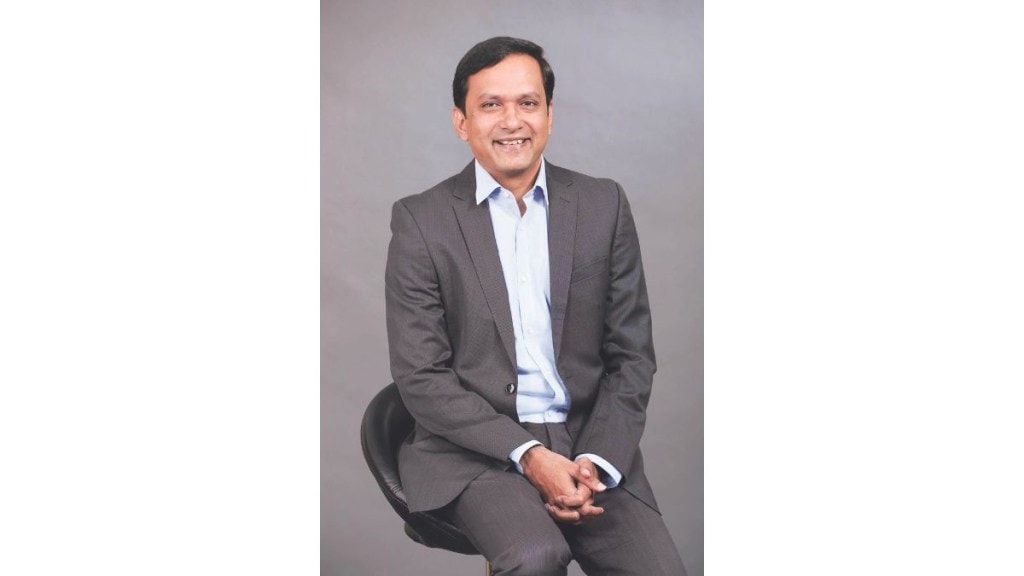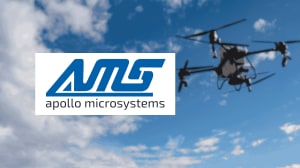Infosys envisions digital public infrastructure to be the foundation for democratising, scaling, and making available digital services for e-governance, healthcare and education to anyone and anytime. The tech firm’s ambition for 2025 includes empowering 80 million lives via its ‘Tech for Good’ programmes in e-governance, healthcare and education. “We are continuously partnering with societal stakeholders to help them harness the power of technology in their daily lives,” Mohammed Rafee Tarafdar, CTO, Infosys, tells Sudhir Chowdhary. Excerpts:
How does Infosys view the role of technology as a catalyst for social development?
Our platforms for e-governance, health-care and education implement digital public infrastructure as a set of modular services and using standards to enable interoperability and open architecture. We are now leveraging the power of artificial intelligence (AI) to enable fraud analytics and detection, preventive diagnosis & healthcare, energy & water savings, and enabling personalised learning. Technology is the bedrock for enabling our ESG vision.
Can you share some examples where technology has played a key role in contributing to broader societal progress?
In order to accomplish the Infosys ESG vision to enable digital skills at scale (10 million learners), we launched Infosys Springboard, a flagship digital learning platform to empower people, communities, and society with skills to be successful in the digital and AI era. Powered by Infosys Wingspan, our integrated digital learning and collaboration platform, Infosys Springboard includes content spanning digital learning, emerging technologies, AI, and life skills and is made available for free to digital learners across India, US, Europe, Australia and New Zealand.
What about working with governments to enhance public services and healthcare systems? How do you make the public sector more connected, smart, and agile?
We worked with the government of India to design, implement, and now support one of the largest direct and indirect tax transformation digital platforms that supports 110 million-plus citizens. We are also working with the governments of the USA and Australia in supporting their modern-isation programmes. In healthcare, in 2020, we collaborated closely with the government of Karnataka in developing and rolling out the Aptha-mitra mobile and web application, which facilitated online medical consultation for people seeking assistance to manage coronavirus during the lockdown. For this, we also developed a contact centre solution and backend services in association with a consortium of partners.
How has Infosys extended the power of digital technologies to communities?
Infosys actively collaborates with universities, research and industry bodies on digital and technology initiatives that can have global social impact. For example, under the TechForGood programme, Infosys is working with the International Institute of Information Technology, Bengaluru (IIIT-B)’s MOSIP programme and contributing to the open-source modules for eSignet and mobile registration. Modular Open-Source Identity Platform (MOSIP) is a global digital public good project and helps governments implement digital foundational identity in a vendor-neutral, interoperable, and cost-effective manner. We are also partnering with the LV Prasad Eye Institute to develop and roll out SightConnect – a mobile app that can be used by eye patients, vision guardians and public healthcare workers to help visually impaired citizens proactively identify issues and benefit from timely eye care interventions.
How can companies encourage communities to embrace innovation and technology?
As an IT company, we are committed to fostering technology for good in our communities. For example, Infosys Foundation’s Aarohan Social Innovation Awards recognise and celebrate innovators, social entrepreneurs, institutions, and social enterprises that have created prototypes or early-stage businesses aimed at helping underprivileged communities in India.
Another example would be the Infosys Innovation Fund, which identifies early-stage startups developing innovative technology solutions, such as in the areas of AI and Machine Learning (ML), big data and analytics, technology infrastructure management and supports them with capital to help them scale their innovations








